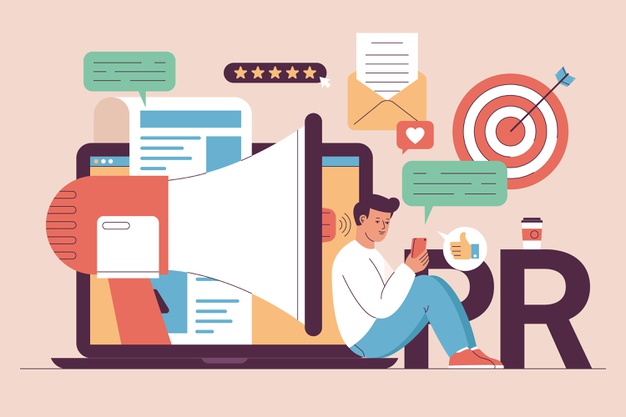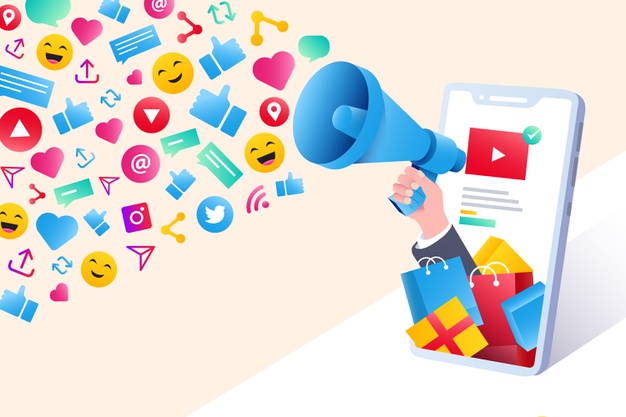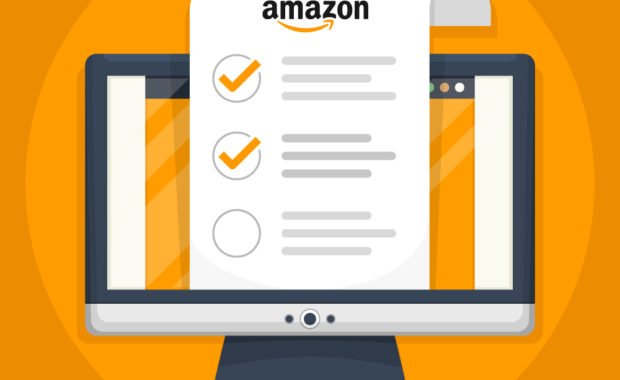It’s clear to see that marketing is one of the most important aspects of any business. You can have the best products and services on the planet, but if you don’t market them effectively and get people interested and aware of what you have to offer, your business won’t be able to grow, develop, and fulfill its true potential.
This is where marketing comes in, and in today’s technological world, marketing is more evolved and in-depth than ever before. The average company has many components making up its ‘marketing stack‘ – a term used to refer to the group of technological tools and innovations used by companies in their marketing campaigns and activities.
Stacks can vary from one business to the next, and the exact tools you use will depend on your company’s own needs and aims, but, in general, there are certain components that are absolutely key in order to create, distribute, and evaluate your marketing strategies. This guide will look at some of those essential items.
Email Marketing:

In the past, marketing efforts were mostly conducted via print ads or on TV for the bigger brands, but in today’s world, the digital space is where you’ll bring in a lot of your leads and customers, with email marketing being one of the most effective forms of them all. They’re affordable, accessible, and highly effective for boosting sales and building brand awareness, and there are various email marketing tools you can choose to strengthen this aspect of your stack.
Many email marketing tools are focused on automation and integration. They’re able to automatically send out personal, timely messages to your customers and potential leads, saving you a lot of time in the process, as well as integrating with other leading apps and services, allowing you to sync data seamlessly across platforms and track the effectiveness of your campaigns. In short, they can help you build, send, and monitor your email marketing efforts much more easily.
Social Media Marketing:
Along with email marketing, social media marketing is one of the most effective and efficient methods available to modern-day brands. There are countless users on platforms like Instagram, Facebook, and Twitter, and you can grow your brand on a global scale by conducting the very best social media marketing campaigns. Again, various tools can assist with this, designed to save you time and make your campaigns stronger.
There are certain tools that can help you distribute marketing content easily across social media platforms, for example, as well as other services that can assist you with managing and launching campaigns in the first place. Some platforms offer seamless integration with the major platforms like Twitter and Facebook, letting you create and manage content and then track how well your posts and pages perform.
Customer Relationship Management:
Customer relationship management, often shortened to CRM, is another major aspect of marketing in today’s world. It’s all about controlling and managing the way you interact with customers throughout their journey, and CRM software is able to handle most of this management behind the scenes, reducing the risks of human error or bias and giving you the information and tools you need to engage with customers in the most efficient ways.
CRM tools for marketing can help with everything from lead generation and management to marketing automation, analysis of sales data, keeping track of contact and company profiles, email tracking, event tracking, sales management, and so much more. This kind of software can seem a little complex at first, but once you get to grips with it, the advantages are almost limitless.
Analytics and Evaluation:

A big part of marketing that can sometimes be overlooked is the process of analyzing and evaluating the success, or lack thereof, of your campaigns and looking for ways to make improvements. Businesses that want to grow and evolve should never simply settle with the status quo; you always need to be looking for ways to take your marketing game further, and analytics tools can help with this.
Analytics tools often appear as features of some of the other tools mentioned above on the list; for example, an email marketing platform might come with an analytics section to show you the engagement levels of your campaigns. However, dedicated analytics tools go a lot further than this and offer much more widespread application, letting you track conversions, leads, customer experiences, and more across your site, social media accounts, and other campaigns.
Are We Forgetting Something?
While this article covers some essential tools for a marketing stack—email, social media, CRM, and analytics—there is one crucial area that we of often overlook –
Personalization!
As more consumers are craving a tailored experience, businesses that fail to integrate personalized marketing into their strategy are risking a failure to launch.
Why Personalization Matters
Customers today expect brands to speak directly to them. Gone are the days of blanket emails and generic social media posts. Personalized marketing allows you to target individual customer preferences, making your campaigns more impactful and driving higher engagement rates.
But here’s the catch!
Not many businesses have mastered this yet. They often focus on the tools themselves but fail to fully leverage the data these tools provide for creating personalized experiences.
How to Implement Personalization
Start small by segmenting your audience in your email marketing tools, then create content that resonates with their specific needs. This is an attempt to make your audience feel special upon choosing your brand!
You can also use CRM to track customer behaviors and personalize touchpoints at various stages of their journey. Add personalization to your social media efforts by customizing ads based on user preferences and past interactions.
Lastly, analytics tools can give you the data needed to tweak your personalized marketing efforts further.
These are just some of the major components that should be included in your marketing stack to improve the effectiveness and potential of your campaigns. Explore your options today and build a stack you can rely on.
Read Also:























